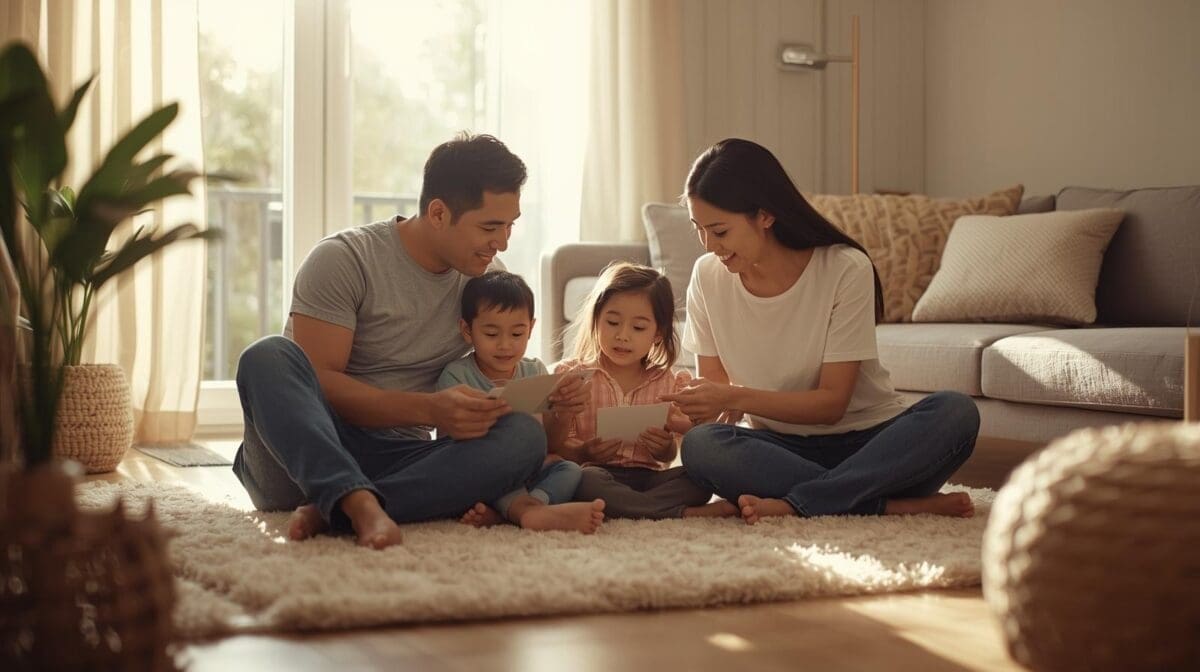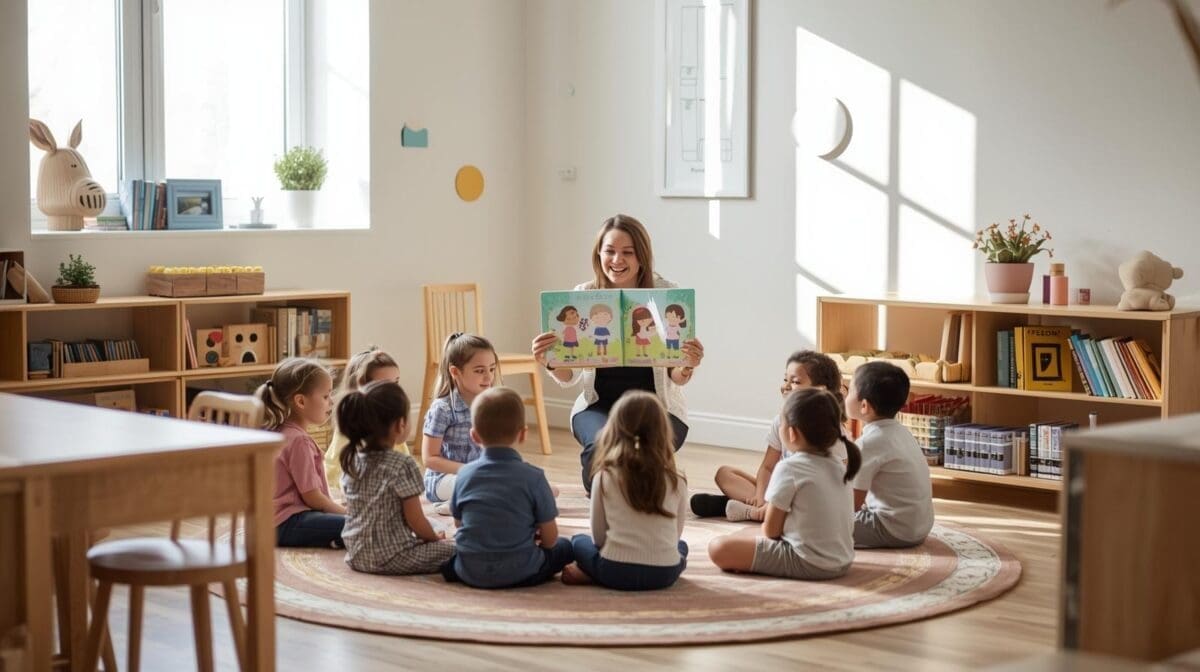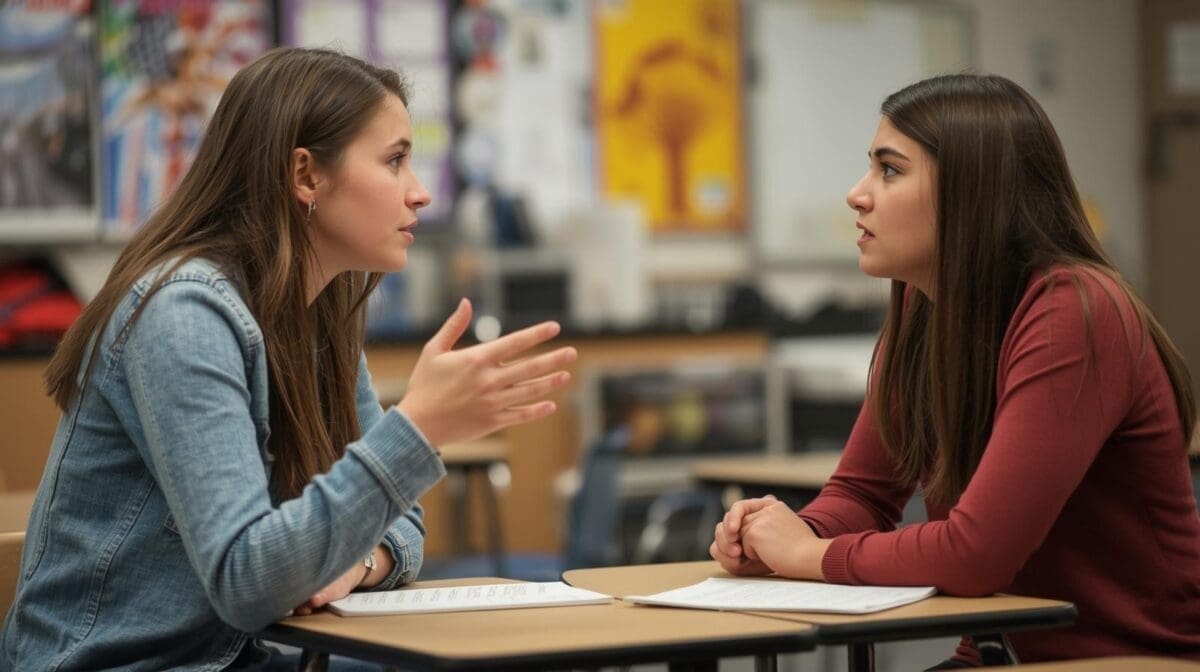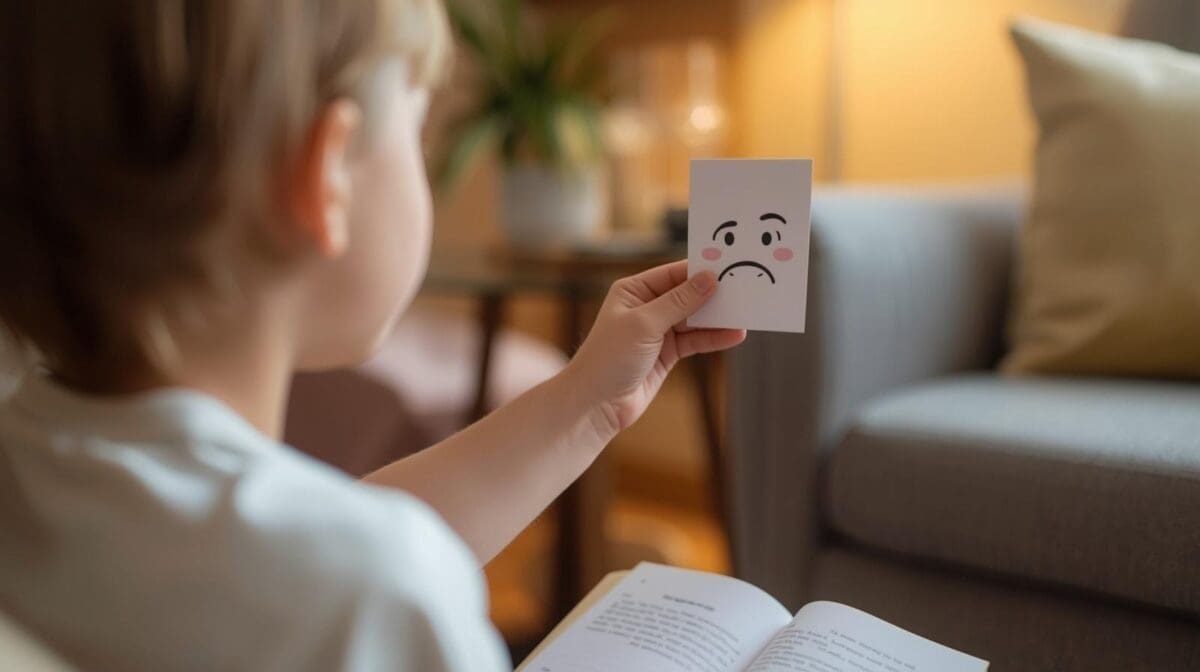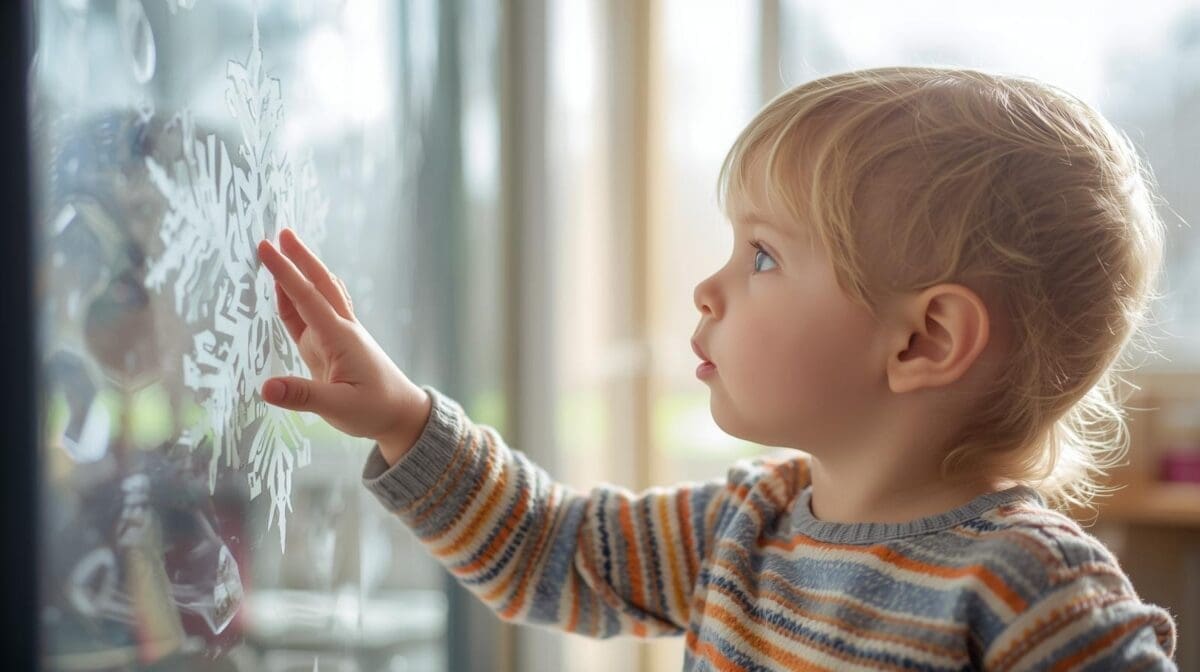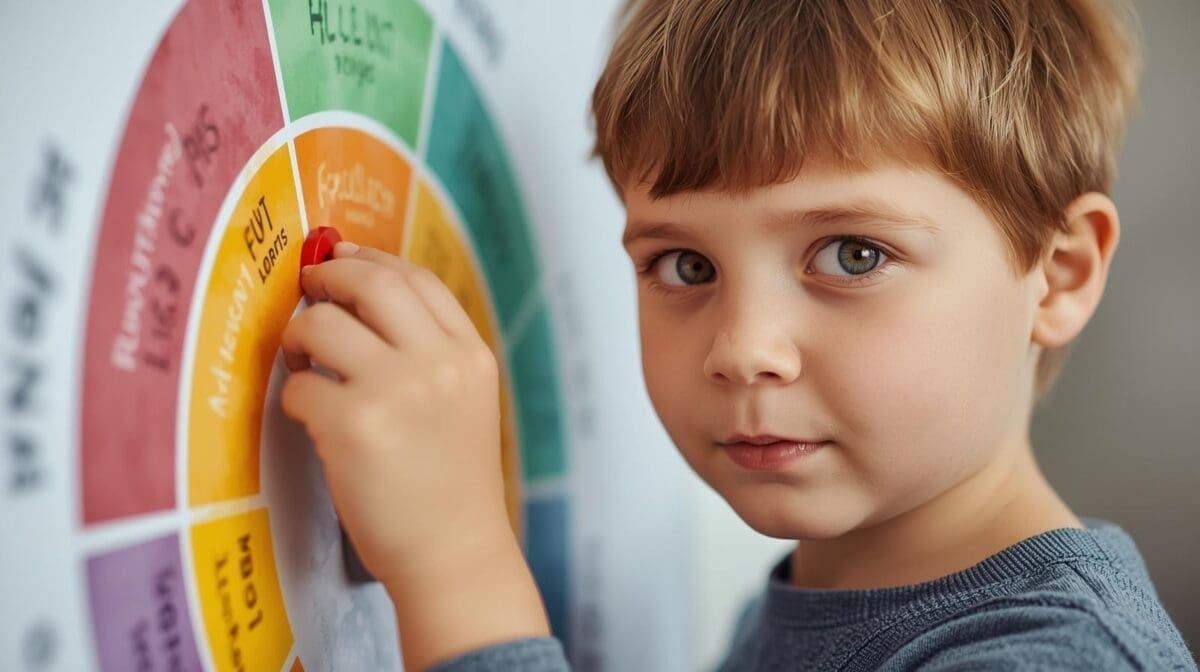20 Advent Calendar Ideas for Teens That They’ll Actually Enjoy
Finding Christmas traditions that teenagers actually love can be tricky. Advent calendars are no exception — candy-filled ones may feel “too little kid,” but expensive store-bought versions often miss the mark. The secret? Make it modern, flexible, and personal. Teen Advent calendars work best when they combine creativity, independence, and a touch of trendiness. Below […]
20 Advent Calendar Ideas for Teens That They’ll Actually Enjoy Read More »


